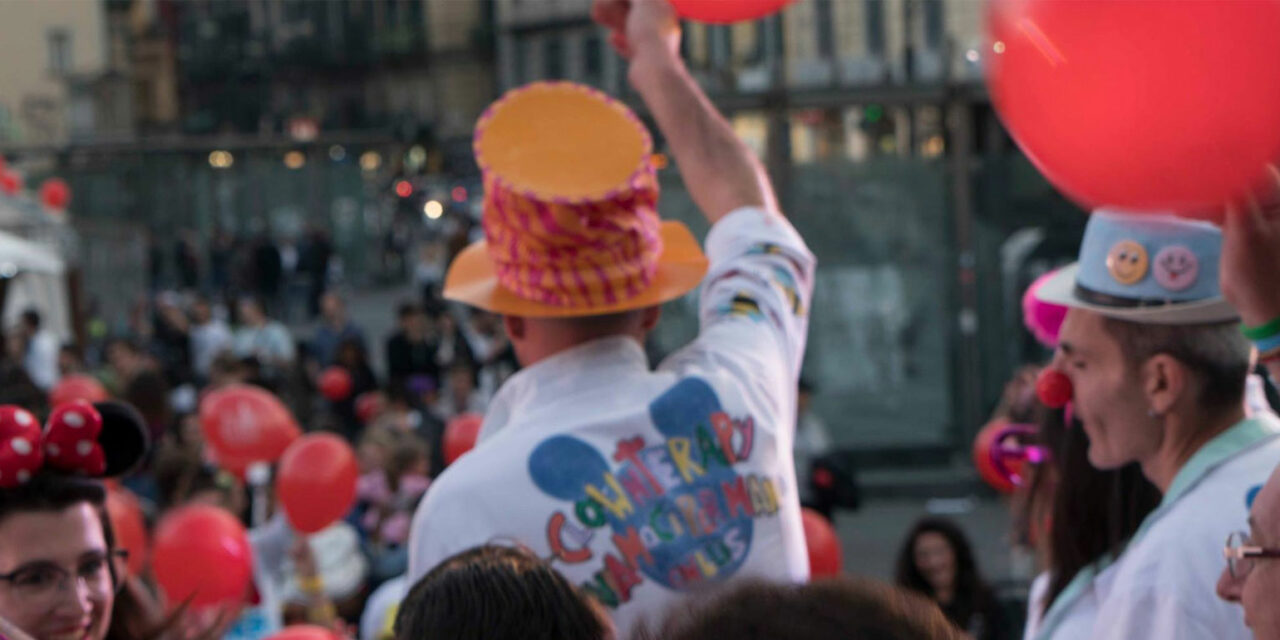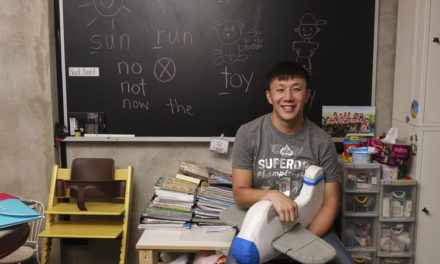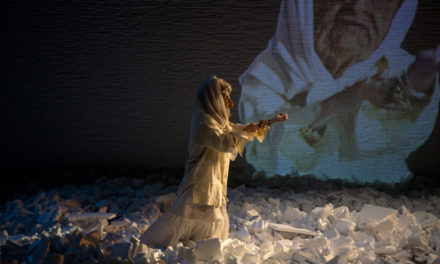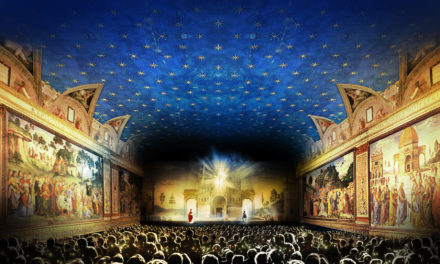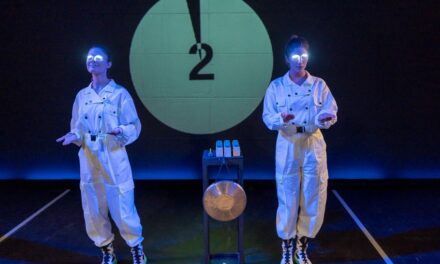“Smile” Clown Festival is a small and interesting event with a strong potential for the future. The event was set up to strengthen the figure of the clown, highlighting the technique, the emotional aspect and the ability to get in tune with the audience during the performance. The festival, since its first edition held in Naples on the 6th and 7th April 2019, has configured itself as a competitive festival among clowns with an international outlook, despite the few economical support. Of the almost 20 artists or groups of artists in the contest, indeed, 6 were international, from Spain, France, Russia, and Ukraine. The aim of the competition was to reward the most interesting artistic performances among those proposed. Winners of this edition have been Monsieur David, Compagnia Tango Diverso, Matisse, and with the prize of the critic, Lelè.
Two were the points really in favor of “Smile”. First of all the presence as a member of the jury and as artistic director of Jango Edwards, the unconventional American artist, very popular in Europe and permanently working in Spain, France, Germany, and Italy, considered as one of the most important clowns of the second half of the 20th century. It has been an extraordinary business card for an event that needs credibility to continue growing, and Edwards’ work, as a jury member, was precise and stunning, during the two intense days with non-stop shows from 10 am to 10 pm.
The second excellent point has been the context around Smile. Organized by the non-profit association “Teniamoci per mano”, the festival had an interesting institutional and scientific preliminary meeting, on 4 April 2019, dedicated to the “Clowntherapy.” Together with this, stands on “Clowntherapy”–with workshops for adult and children–has been organized as sides events of the main competition.
What are, then, the problems of “Smile” and what has the organization to face for the future? If the festival appears since its first edition strong in its contents, the organizational part must be reviewed. The location of Piazza Dante, in the center of Naples, is suitable in itself and easily reachable by a general audience, also intercepting a random audience. However, the festival must try to expand and incorporate the whole square and possibly move to various venues in the city, creating a spread and disseminated event. The clear international profile, denoted by the nationalities of the participants in the competition and by Edwards’ presence, must also be strengthened in the way the festival is hosted live and presented online, that still appears to be too local and provincial: important is to use not only Italian but also English.
This post was written by the author in their personal capacity.The opinions expressed in this article are the author’s own and do not reflect the view of The Theatre Times, their staff or collaborators.
This post was written by Armando Rotondi.
The views expressed here belong to the author and do not necessarily reflect our views and opinions.

